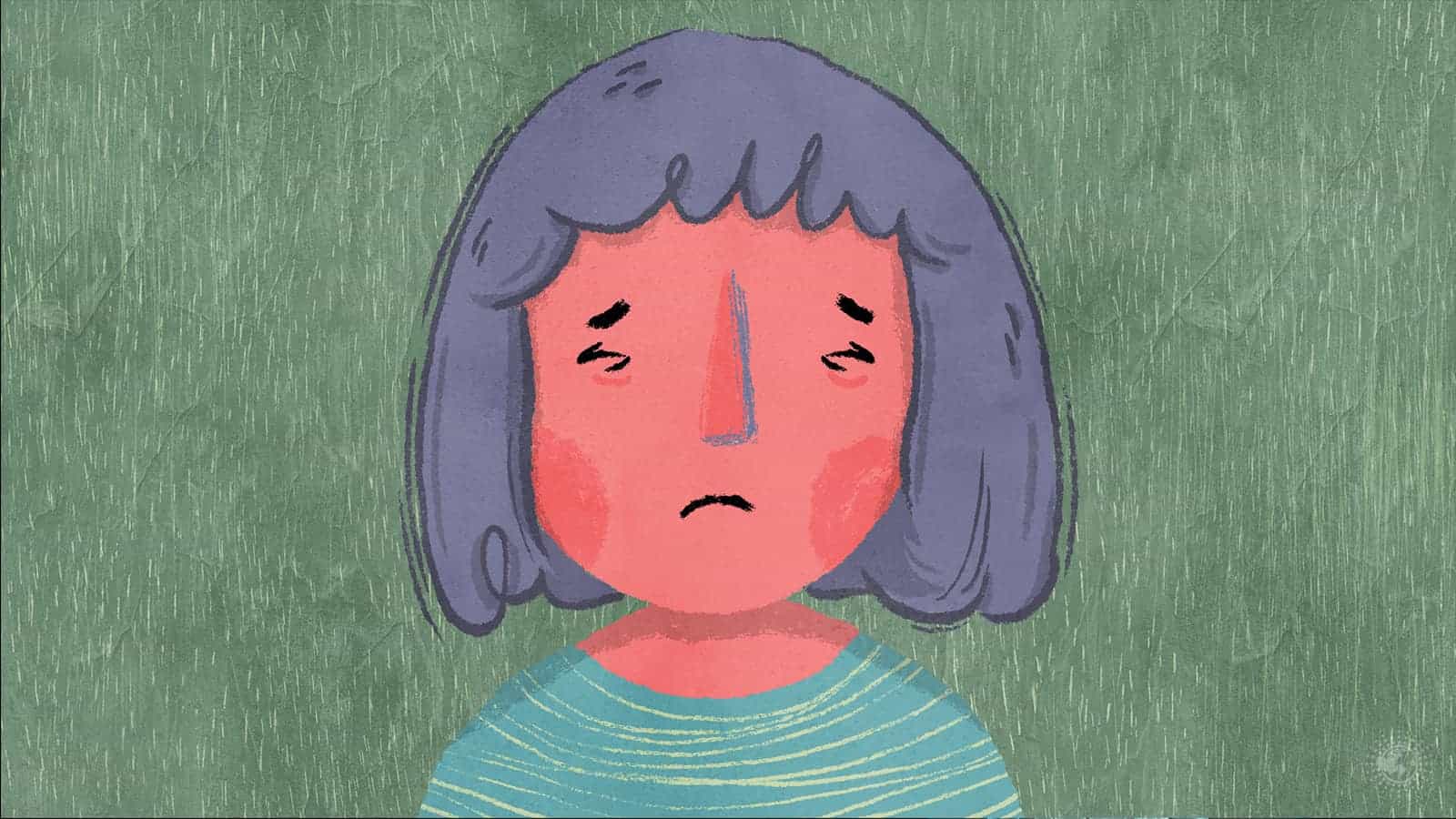Depression is becoming worse as economic woes continue. It’s estimated that more than 264 million people around the world struggle with depression. However, a new study shows that the rates of depression in cities have increased by over 21 percent.
Why are the metropolitan areas more affected than suburbia when it comes to hopelessness? Currently, there are about 4.2 billion people that live in cities across the world. By 2050, experts anticipate that the population in these areas will increase to around 68 percent.
If an urban area has more than ten million people who call that region home, then it’s given a megacity classification. Here are some of the most popular megacities:
- Tokyo, Japan: Population 37 Million
- Delhi, India: Population 29 Million
- Shanghai, China: Population 26 Million
- London, England: Population 10 Million
Living in a metropolitan area can be devastating to your physical health. Studies have shown that people who live in larger cities have a higher rate of developing cardiovascular and respiratory problems. Sadly, new studies prove that living in such an urban region can also affect your mental health adversely.
Why do people who live in the city have higher rates of depression than those who live in rural areas and the suburbs? Many folks don’t have space to spread out and get outside in the fresh air when crammed into a megacity. Does the lack of Vitamin D and not getting enough sun have anything to do with this increase in mental health issues? Researchers continue to try to answer that question.
The Statistical Concerns
Depression is the most diagnosed mental health disorder in the world. People who suffer from this condition often feel hopeless and helpless. The low mood is diagnosed about 20 times more in people that live in the city versus the outskirts.
Psychosis is also a challenge for urbanites
Another concern is psychosis. This condition is a severe psychiatric disorder that causes an individual to experience the following:
- Delusions
- Hallucinations, both visual and auditory
- Paranoia
- Disorganized thoughts
- A complete break from reality
It’s easy to see that suffering from this mental health condition is much more severe than even depression, and the increase in this issue is up by 77 percent.
What about issues like generalized anxiety disorder or GAD? Well, anxiety is a common problem that is very treatable. The study found that urban inhabitants were 21 percent more likely to develop anxiety-based disorders than those that lived in rural areas.
Another alarming finding is that when children spend most of their formative years living in a metropolitan area, they are more likely to develop a mental illness in their adult life, and experts dub it as a “dose-response.”
A “dose-response” means that the association between the urban lifestyle provides indirect support to developing a mental illness. Why is the city living so dangerous to your mental health?
Brain Science Proves Staggering Rates of Depression
Backing for these conclusions comes from an in-depth study of the brain. In 2011, research was conducted where experts measure the neural activation that occurs during stress. All the participants in this study showed increased neuronal activation when they were involved in a stressful activity.
The limbic system is a unique network in your brain that is key to regulating your emotions. This region is also the “fight or flight” area of the brain, which is called the amygdala. Those who lived in larger cities had an amygdala region that was enlarged.
Researchers also looked at the pregenual anterior cingulate cortex, which is the area that processes things like social stress. The experts saw changes in this region depending on how long a person lived in a metropolis and if they had been in these urban areas since a young age.
Interestingly, other studies have exhibited comparable changes in individuals who have elevated genetic risk of acquiring psychiatric disorders. The studies further support the belief that living in a metropolis area can cause permanent changes in many of the brain’s regions that can increase the likelihood of developing a mental illness.
Underlying Factors to Consider
The increase in the rates of depression is just one thing that is concerning among researchers. Once experts review the evidence they have gathered, they conclude that people who live in urban areas do indeed have a higher risk of developing mental health problems.
However, it would help if you considered the specific aspects of city life that cause these difficulties. You can’t just blame it on the city itself, but there must be certain things about this environment that is not mentally healthy for many people.
Below, you will see some similarities and factors that identified potential problem areas, which include the following:
- Lack of green space
- Loneliness
- Crime rates and fear of being a victim
- Social-economic disparities
- Racial discrimination
- Air pollution
- High levels of noise
- The hustle and bustle – no downtime
- Poor sleep quality
It’s hard to pinpoint the exact environment that each person in the study lives in and what factors they encounter during the day that could affect the research. Using a single snapshot of each participant doesn’t tell the entire story, but it gives probable cause to an alarming increase in the rates of depression among city dwellers.
It’s essential to acknowledge that the aspects of living in the inner-city environment that enhances mental illness risk are not unavoidable. Instead, they are the consequence of inadequate planning, layout, and management, and it can be changed. However, is there anything about city living that is good for you?
Benefits of City Living
There are many things about urban living that are good for you. First, you have access to medical care. Most metropolitan cities have numerous clinics, doctor’s offices, hospitals, and urgent care centers that can help you anytime, day or night.
Living in a rural area makes transportation to adequate medical services difficult for many.
• Better Mental Health Care
When it comes to mental health, getting psychiatric care in some rural areas can be almost impossible. Living in a larger city gives you many options when it comes to your brain. If you do develop a mental health concern, you can get treatment for it right away rather than trying to self-medicate with harmful substances.
• Lower Unemployment Rates
Another benefit of urban areas is the vast amounts of jobs available. However, the studies didn’t show that the mental health problems in areas where there are low economic situations due to lack of adequate employment. Jobs seem to be abundant in a metropolis as there are a lot more restaurants, stores, and other services.
• Access to Transportation Services
Transportation is essential when you consider getting to the grocery store, doctor, and your job. Many people in larger cities forgo the car and all the extra expenses that come along with it. Using public transportation is a cost-effective saving for many families, and many don’t even have a driver’s license in larger cities.
Now, there are often little to no transportation services in a rural community, and you must pay the added expense of having a vehicle.
• Better Education
Cities across the world are filled with some of the best college educations around. You can get an education in a smaller town, but you won’t have a wealth of experience that comes with some of the renowned universities. Having access to better education puts you in a situation to have tremendous success in life.
• Cultural Diversity
One significant issue with suburban areas as well as rural communities is the lack of cultural diversity. Everyone must be able to feel that they fit and can blossom in the region they call home. Urban residents tend to accept others and focus on how to work together instead of dwelling on differences.
 Final Thoughts on How to Beat the High Rates of Depression in Urban Areas
Final Thoughts on How to Beat the High Rates of Depression in Urban Areas
If the rates of depression have you concerned about your lifestyle and where you live, then there are things that you can do to prevent the blues. Here are some tips for having good mental health dwelling in a metropolitan area.
- You need to get at least 20 minutes of sunshine each day.
- Make sure to get out and socialize as much as possible.
- Do things to improve your mental health, such as yoga or meditation.
- It would help if you slept with white noise to drown out sirens and inner-city noise.
- Make sure to keep your blinds open to let the sunshine penetrate your home.
- Make use of any green space near your home, like parks and arboretums.
- Use plants inside your home to decorate and bring in oxygen.
- Make sure you have downtime each day where you can relax and focus on you.
- You should open your windows and allow nature’s breeze to flood your home whenever possible.
- There’s strength in numbers, so make sure you have a nice circle of friends you can count on.
You can learn to live and thrive both physically and mentally wherever you live. Just make sure to take care of your mental health needs, and if you start to feel that the pangs of depression, you need to reach out for help.


















